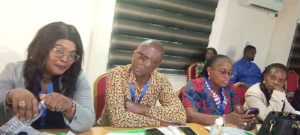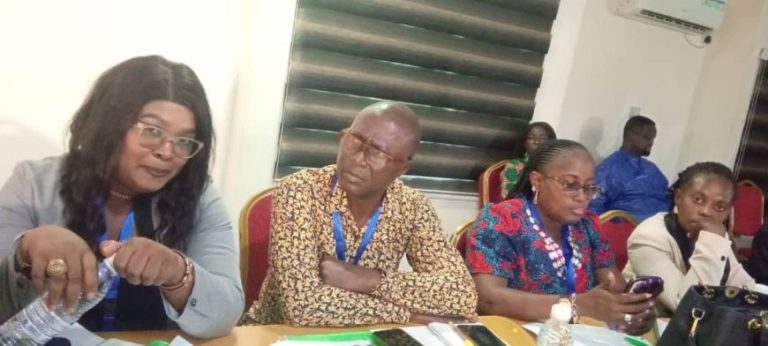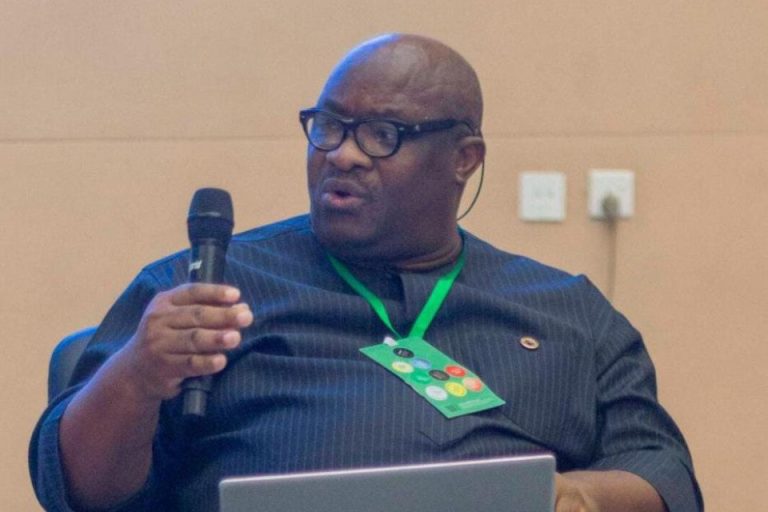
Media practitioners in the country have been advised to prepare for the new challenges posed by emerging media technologies to remain relevant in their profession. They were also encouraged to focus more on investigative journalism to promote inclusive development and accountability in society.
This advice was delivered by various speakers at a one-day training workshop held in Uyo, organized by National Point/Forward Communication attended by media practitioners from Cross River, Edo, Rivers, Delta, and Akwa Ibom states.
In her address, Ms. Ibiba DonPedro, Publisher of National Point, highlighted the threat posed by social media to traditional media practitioners. She emphasized that the only way for traditional media to stay relevant is to upgrade and embrace new technologies.
“Although much of what social media presents as news is often fake, it has gained popularity as people tend to believe in it. However, these stories have also provided leads for traditional media practitioners in many cases,” DonPedro said.
“New technological developments can also be additional sources of revenue for media practitioners when embraced. There are many opportunities in new media; it enhances the job and provides opportunities to earn money.” She added.
Dr. Judex Okoro, a lecturer at the Department of Mass Communication, University of Calabar and Editor-in-chief of The Beagle News, urged practitioners to move beyond routine stories and focus on investigative reporting. Speaking on “Investigative Reporting: Tools to Enhance Exclusivity and Accountable Governance,” Dr. Okoro stated that investigative journalism is essential for holding leaders accountable, advancing social justice, and ensuring good governance.
Dr. Okoro said: “Investigative journalism provides additional angles and depth to your stories, setting them apart from routine reports or those on social media and by bloggers. Journalism is undergoing a transformation, and practitioners need to embrace the information age, which offers new technological tools and techniques for investigative reporting.”
Mr. Sunny Dada who made a presentation on “Data-Assisted Reporting,” encouraged practitioners to make their stories more engaging by incorporating relevant data.
Other papers presented at the training included “Communication Tools for Inclusive Development and Accountability” by Mr. Emmanuel Obe, “Gender Reporting and Inclusivity” by Mrs. Constance Meju, and “Human Rights Reporting, Inclusivity, and Accountability” by Styvn Obodoekwe.
The workshop under the Collaborative Media Engagement for Development, Inclusion, and Accountability (CMEDIA) Project, which supports media independence, improved transparency, accountability, and good governance at state and local government levels. The project, funded by the MacArthur Foundation and implemented with support from the Wole Soyinka Centre for Investigative Journalism (WSCIJ), aims to raise public awareness about the need for accountability and amplify marginalized voices.





